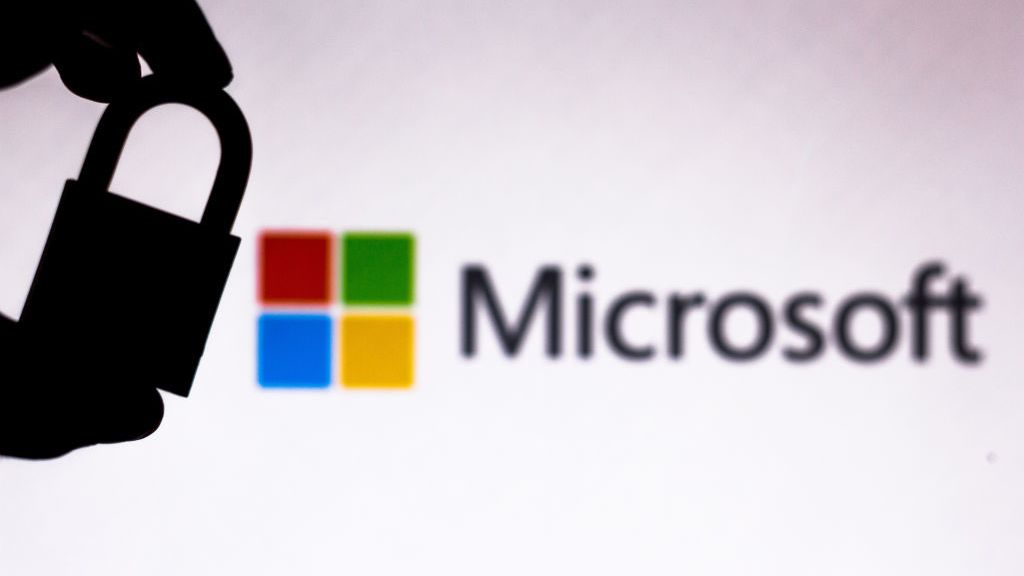Microsoft takes on spam-spewing botnet
This month Microsoft’s malicious software tool targets the botnet Srizbi, but security vendor Marshal says it is not enough.

Microsoft is taking a stand against what it says is one of the largest botnets currently active worldwide the spamming botnet Srizbi.
At its peak last year in May, security vendor Marshal claimed Srizbi was the world's largest spam botnet, responsible for half of all spam. At the time it was estimated to have compromised 300,000 computers, generating more than 60 billion spam messages.
Microsoft's Malicious Software Protection Tool (MSRT) will target Srizbi and hope to do as good a job as in 2007 when it targeted the Storm botnet. It was quoted as removing the bot from approximately 91,000 machines in one day, with the botnet shrinking until September 2008 when it stopped spamming.
The Srizbi malware family consists of trojan droppers (a standalone program that drops different types of malware) and rootkits (a program designed to hide the fact a system is compromised). These are spread though spam emails, containing download links to the malware.
Srizbi authors created the botnet as a way of sending spam emails for criminal's intent on flooding victim's inboxes. Upon activation of the rootkit, the infected computer effectively becomes part of the Srizbi botnet as one of its bots.
Gavin Neale, security researcher at Marshal, said on the company blog that they were encouraged to see Microsoft once again target a major botnet infection and that it was necessary to remove it from infected computers.
However, he said that it wouldn't have a noticeable impact on spam levels because the McColo incident had already cut Srizbi spam levels, as McColo hosted its control servers.
Get the ITPro daily newsletter
Sign up today and you will receive a free copy of our Future Focus 2025 report - the leading guidance on AI, cybersecurity and other IT challenges as per 700+ senior executives
He said: "Srizbi's place has been taken over by other spam botnets such as Mega-D and Xarvester. Together these botnets are currently sending around 65 per cent of the spam we see.
"Xarvester appears to have a close resemblance to Srizbi and the former Srizbi controllers may have switched to the Xarvester botnet after the McColo shutdown. We believe targeting the Mega-D and Xarvester botnets would have a greater impact on reducing current levels of spam."
-
 Should AI PCs be part of your next hardware refresh?
Should AI PCs be part of your next hardware refresh?AI PCs are fast becoming a business staple and a surefire way to future-proof your business
By Bobby Hellard
-
 Westcon-Comstor and Vectra AI launch brace of new channel initiatives
Westcon-Comstor and Vectra AI launch brace of new channel initiativesNews Westcon-Comstor and Vectra AI have announced the launch of two new channel growth initiatives focused on the managed security service provider (MSSP) space and AWS Marketplace.
By Daniel Todd
-
 Seized database helps Europol snare botnet customers in ‘Operation Endgame’ follow-up sting
Seized database helps Europol snare botnet customers in ‘Operation Endgame’ follow-up stingNews Europol has detained several people believed to be involved in a botnet operation as part of a follow-up to a major takedown last year.
By Emma Woollacott
-
 Horabot campaign targeted businesses for more than two years before finally being discovered
Horabot campaign targeted businesses for more than two years before finally being discoveredNews The newly-discovered Horabot botnet has attacked companies in the accounting, investment, and construction sectors in particular
By Ross Kelly
-
 Brand-new Emotet campaign socially engineers its way from detection
Brand-new Emotet campaign socially engineers its way from detectionNews This latest resurgence follows a three-month hiatus and tricks users into re-enabling dangerous VBA macros
By Ross Kelly
-
 Microsoft says “it’s just too difficult” to effectively disrupt ransomware
Microsoft says “it’s just too difficult” to effectively disrupt ransomwareNews The company details its new approach to combatting cyber crime as the underground industry drains $6 trillion from the global economy
By Connor Jones
-
 Beating the bad bots: Six ways to identify and block spam traffic
Beating the bad bots: Six ways to identify and block spam trafficIn-depth Not all traffic is good. Learn how to prevent bad bots from overrunning your website
By Sead Fadilpašić
-
 Ukraine's vigilante IT army now has a DDoS bot to automate attacks against Russia
Ukraine's vigilante IT army now has a DDoS bot to automate attacks against RussiaNews The 270,000-strong IT Army of Ukraine will now combine supporters' cloud infrastructure to strengthen the daily attacks against their invaders
By Connor Jones
-
 Microsoft's secure VBA macro rules already being bypassed by hackers
Microsoft's secure VBA macro rules already being bypassed by hackersNews Recent analysis of Emotet activity has revealed a shift away from malicious Office documents to drop malware
By Connor Jones
-
 Emotet infrastructure has almost doubled since resurgence was confirmed
Emotet infrastructure has almost doubled since resurgence was confirmedNews Researchers confirm the infrastructure has also been upgraded for a "better secured", more resilient operation
By Connor Jones